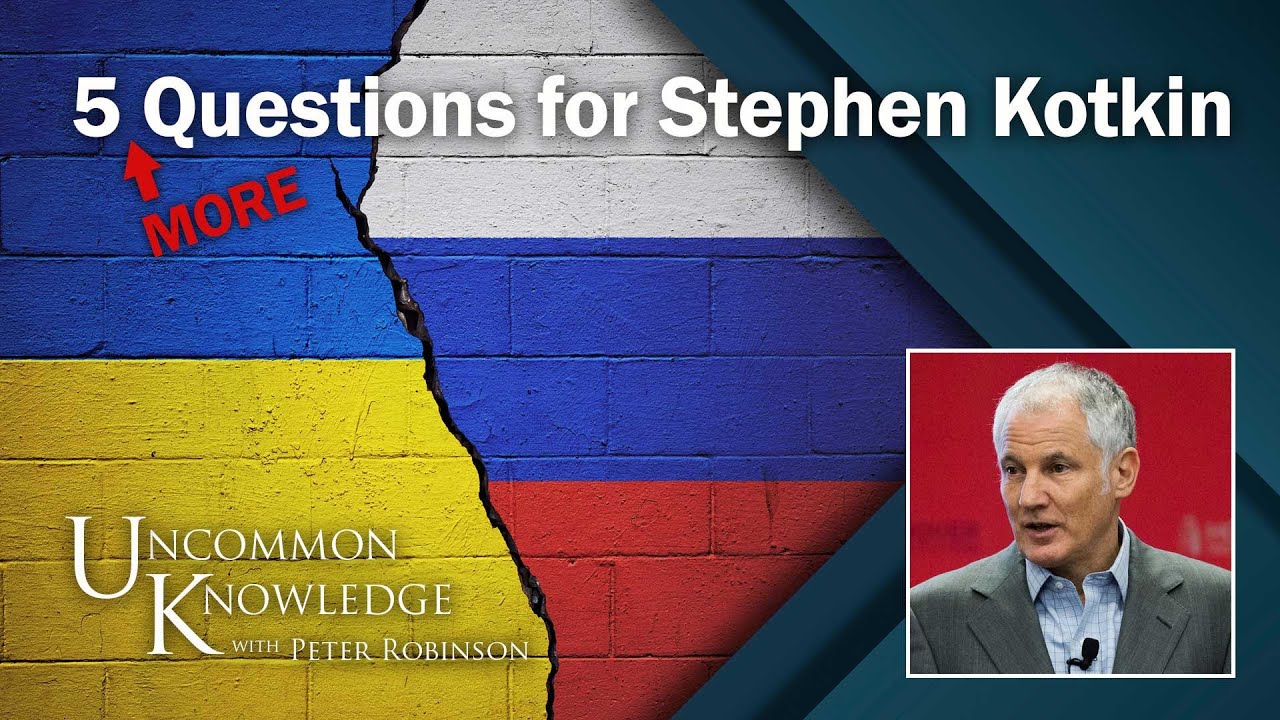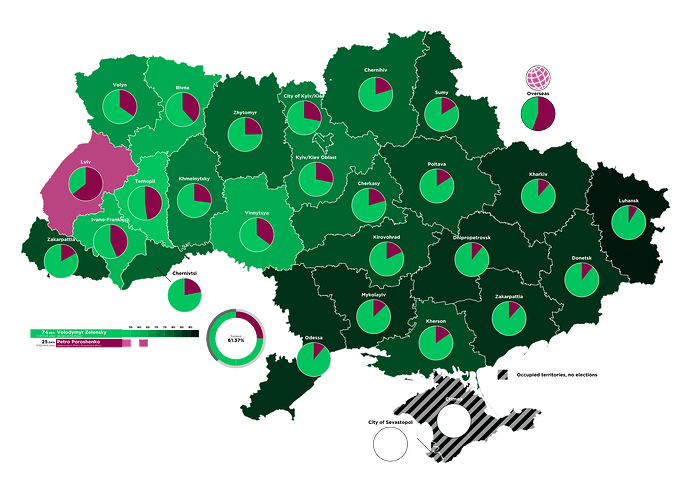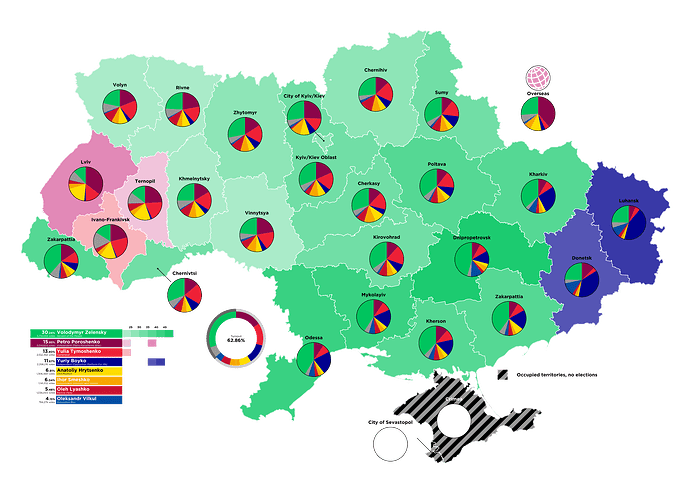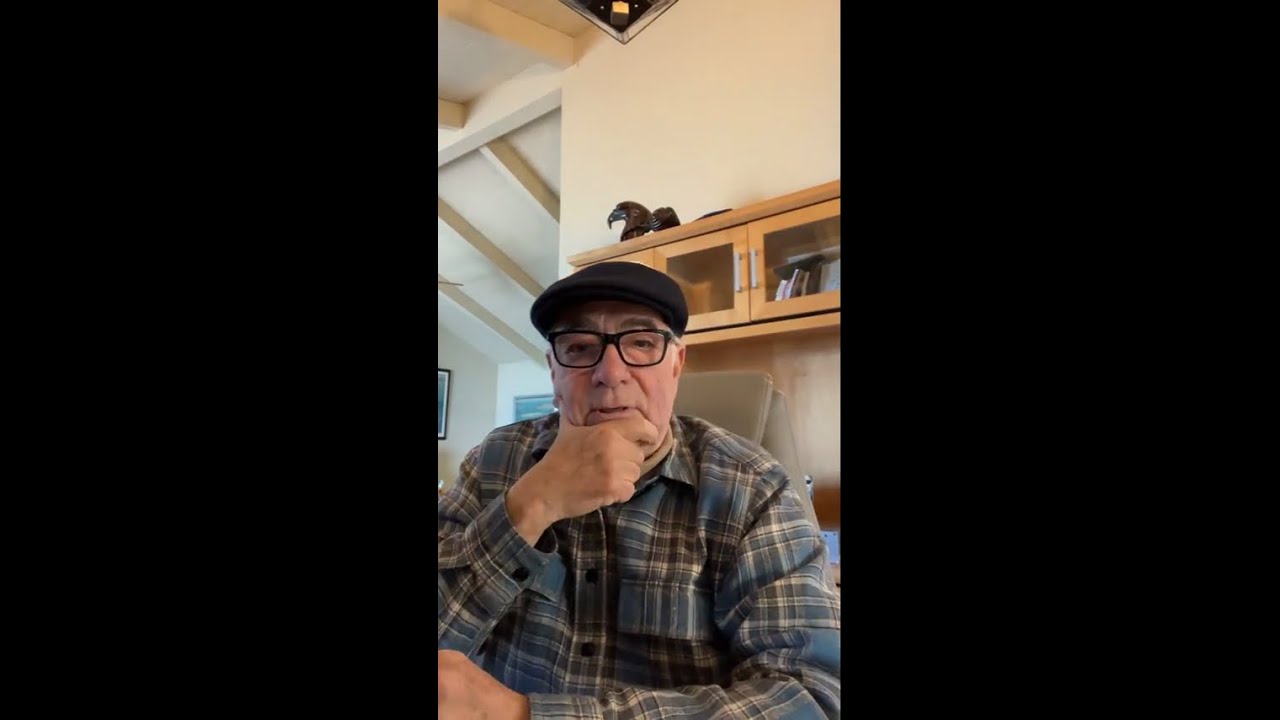Stephen Kotkin, professor of History and International Affairs at Princeton University, has devoted his career to studying Russia and the Soviet Union and is considered the foremost Western authority on the Soviet archives which were declassified after the collapse of the Soviet Union. He is author of the planned three volume biography of Stalin, the first two volumes of which, Stalin: Volume I: Paradoxes of Power, 1878–1928 and Stalin, Vol. II, Waiting for Hitler, 1928–1941 have been published to date (links are to my reviews).
Here, he sits down for an hour long conversation with Peter Robinson of the Hoover Institution to discuss Russia’s invasion of Ukraine, what may have motivated Vladimir Putin to embark on such a risky course, the reaction of the West, the perils such a confrontation pose for all parties, and potential consequences for other potential conflicts such as China vs. Taiwan.



